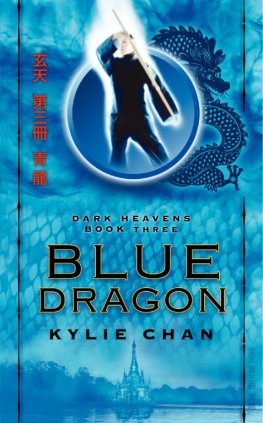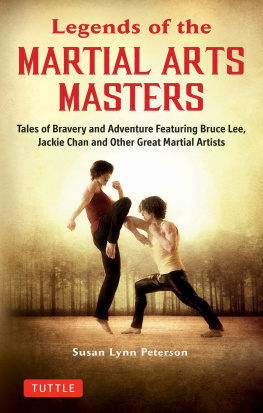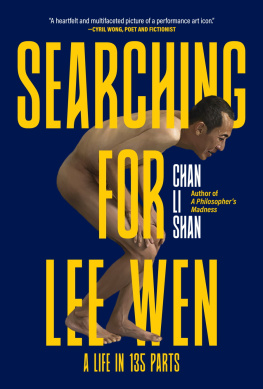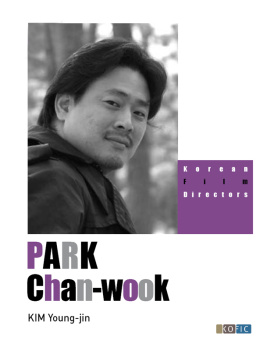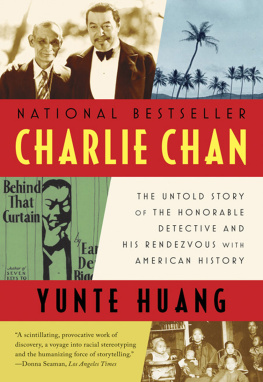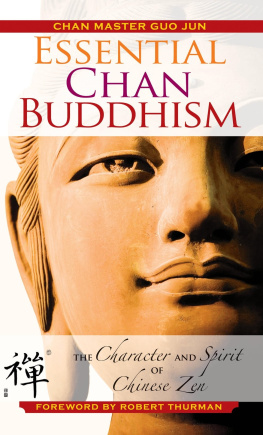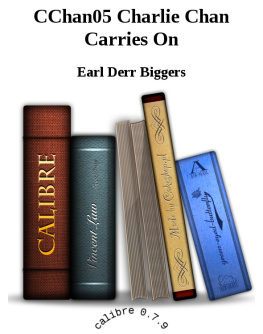JACKIE
C H A N
INSIDE THE DRAGON
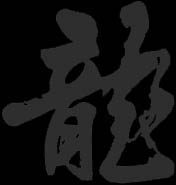
Clyde Gentry III

Copyright 1997 Clyde Gentry III
All rights reserved.
No part of this book may be reproduced in any form or by any meansincluding photocopying and electronic reproductionwithout written permission from the publisher.
Published by Taylor Publishing Company
1550 West Mockingbird Lane
Dallas, Texas 75235
www.taylorpub.com
Designed by David Timmons
Portions of the interviews with Jackie Chan have previously been published in Hong Kong Film Connection.
Frontispiece photograph from Mr. Nice Guy courtesy Golden Harvest.
The publisher would like to thank Sara Urquidez for the photographs of Benny Urquidez and Jackie Chan. Comic book art 1997 Jackie & Willie Productions, Ltd. Published exclusively by The Topps Company.
This book is not authorized by Jackie Chan or Jackie & Willie Productions, Ltd.
Library of Congress Cataloging-in-Publication Data
Gentry, Clyde
Jackie Chan : inside the dragon / Clyde Gentry III.
p. cm.
Filmography: p.
Includes bibliographical references and index.
ISBN: 978-0-87833-970-9
1. Cheng, Lung, 1955 . I. Title.
PN2878.C52G46 1997
791.43'028'092dc21
97-5906
CIP
Printed in the United States of America
10 9 8 7 6 5 4 3 2 1

Contents


Preface
Its hard to believe that Jackie Chanwho has won the world over with his unique approach to filmmakinghas never been the subject of a book. While this book cant possibly cover every aspect of his cinematic life, I hope that readers will come away appreciating Jackie Chan more. Here is an introduction to what his films are about, who he has worked with, and how his films are made. Chans career and life are multi-faceted, so, rather than approaching Chans story simply chronologically, I have given each faceteach themeits own chapter. To make this book as comprehensive as possible, I briefly discuss many of his martial arts and filmmaking techniques since both of these aspects have attracted fans who may not be Hong Kong film fans by nature.
All of the films discussed are the original, full-length Chinese versions. Where it is necessary, I mention other versions, but the originally released films are the ones I base my discussions on. Many of the English versions floating around are not complete and the dubbing often changes the meaning of what was actually said in the film.
I have also included the Chinese characters for the names Chan and many of the people he has worked with in the past with an explanation of how understanding these names will help in your quest for Chans films (and others discussed here) in Chinese video stores.
Everything in this book is based on many interviews conducted with Jackie Chan and the people who know him best. I hope this book answers many of your questions and leads to other books written on the man of the hour.

Special Thanks
Special acknowledgment must go to Edward Tang for his patience in answering hours of questions about the many of Chans best films.
Thanks to Ng See-yuen, Chua Lam, Hal Needham, Gary Daniels, Richard Norton, Benny and Sara Urquidez, Whang Inn-sik, Keith Vitali, Mars, Tai Po, Roberta Chow, Stanley Tong, Ric Meyers, Alan Sit, Marc Akerstream, Shu Kei, Richard Ng, Sammo Hung, Kenneth Low, Russell Cawthorne, Willie Chan, Elliot Tong, Michael Stradford, Joy Al-Sofi, Stuart Sobel, Renee Witterstaetter, Cynthia Rothrock, Colin Geddes, John Marsh, John Gainfort, Jim Donovan, Ronald Ng, John Nicholas, Joey OBryan, Mi Mi Lai, Wilson Yu, Damon Foster, David Zeve, Barrie Pattison, Mable Chan, Ricky Miller, James Ha, Kelly Stone, Lee Rebouche, Winnie Chan of Golden Harvest, and Bey Logan and Media Asia Group.
Translations, Chinese interviews, and lessons in Chinese protocol supplied by Sam Ho, Lei Wei, and Lily Chiang. I am eternally grateful.
From Taylor Publishing Company: Holly McGuire, Heather Hitchcock, and a dedicated staff.
Dedicated to my family and friends who all thought my addiction to Hong Kong cinema was crazy. Has anything changed?
And to Jackie Chan: my love for Hong Kong cinema started with your films and you have kept that interst growing for many years.


They Call Me Bruce?

Half a Loaf of Kung Fu (1978). (Colin Geddes/Asian Eye)
Bruce Lee number one. John Wayne number two. Jackie Chan number three. Thats the way I would like to be remembered in the history books.
Jackie Chan
Not since the death of Bruce Lee in 1973 has the world claimed a cinematic icon greater than Jackie Chan. While Hollywood creates lethargic, pretentious productions starring multimillion-dollar actors, Chans vision has remained pure and simple despite temptation. That vision is forged from the comic inventiveness of the silent era, the traditionalism of the East, and the basic semantics of the common man. Chan has escaped the unpopular label of Bruce Lee imitator to become an international phenomenon claiming legions of fans around the globe and transcending cultural boundaries. Chan has kept the entire Hong Kong film industry afloat for two decades, sustaining the interest of foreign investors and distributors despite the decreasing quality of Hong Kong films in general. And yet, with more than forty starring roles under his belt, Jackie Chans ultimate love is unchanged: to bring something different to the screen each time.
In the end, audiences are treated to an awe-inspiring experience much like watching acrobats on the trapeze, though Chans inventive action sequences go far beyond any circus act. He doesnt require the new technologies of Hollywood special effects or even a well-written script. He is the special effect. Chan has created his own genre, one that enables him to play his underdog hero in every film without letting his audience grow tired of a routine. He shapes his inventions by exerting firm control over every facet of film production, building an impressive career as a stuntman, actor, director, producer, choreographer, writer, and singer in the process. Now, having gained the recognition of American audiences, Chan has transcended cultural (and cultish) pigeon-holing: he is no longer the Clown Prince of Kung Fu.


